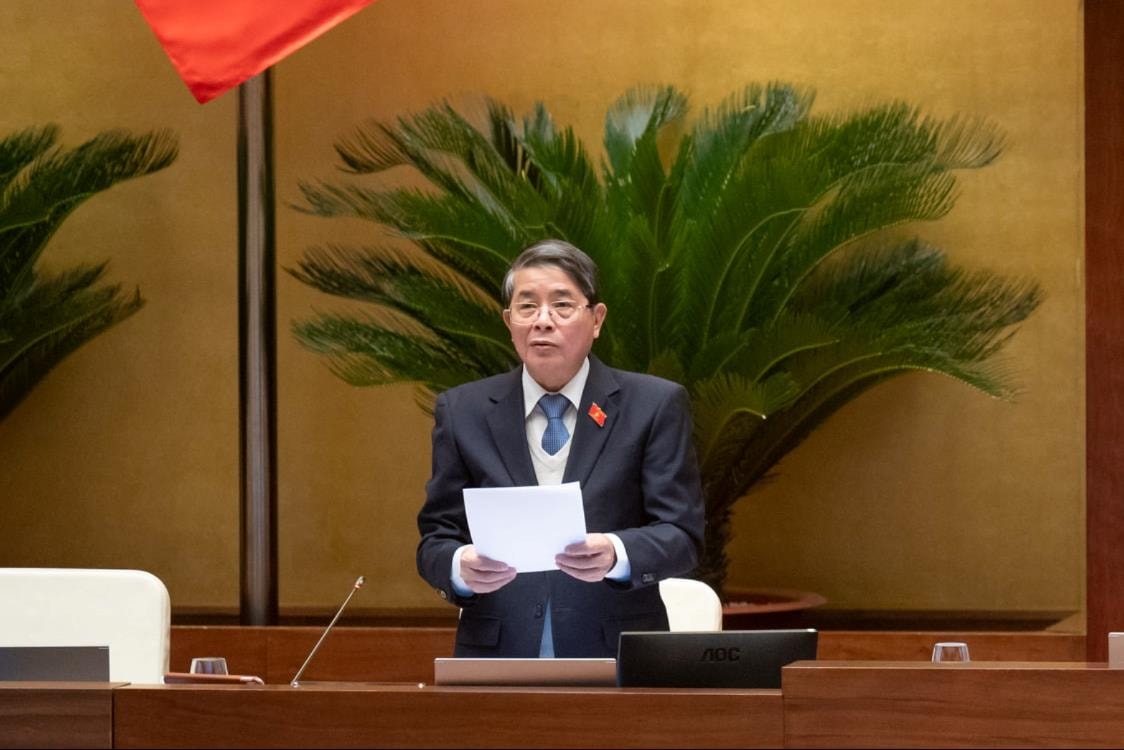
On the afternoon of November 19, under the direction of Vice Chairman of the National Assembly Nguyen Duc Hai, the National Assembly discussed in the Hall the draft Law on Tax Administration (amended).
Any grouping criteria must be based on verifiable data.
Article 3 of the draft Law on Tax Administration (amended) stipulates the classification of taxpayers according to criteria of risk, compliance, and scale. However, National Assembly Deputy Nguyen Tam Hung (Ho Chi Minh City) said that the concept of other criteria as prescribed by the Ministry of Finance is still open, which can lead to inconsistent understanding and application. Especially in the context of tax administration data being scattered among agencies. At the same time, the draft Law also assigns the Ministry of Finance to specify this in detail.
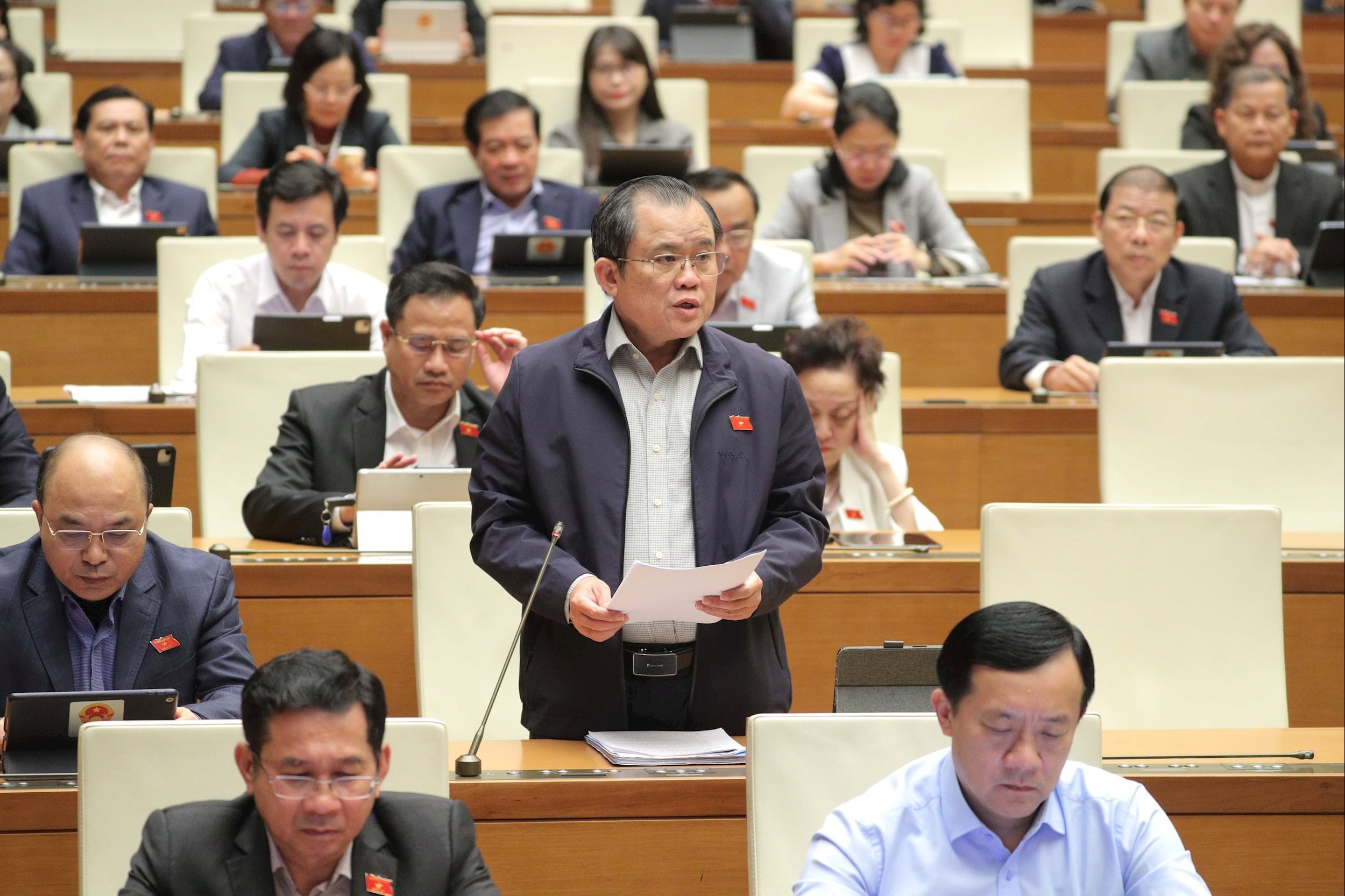
Therefore, delegates proposed to add the principle that all grouping criteria must be based on verifiable data, updated periodically and made public in the common criteria framework. This helps ensure transparency, prevent arbitrary application and strengthen taxpayers' trust in tax authorities.
In Article 6, the draft Law stipulates tax management principles such as risk management, independent transactions, and economic nature. However, delegate Nguyen Tam Hung noted that tax management principles according to international practices need to be supplemented with a limited scope of application to avoid mechanical application of international standards to the practical conditions of our country, especially with new business models such as digital economy and cross-border online platforms.
Delegates suggested clearly stating “applying international practices appropriate to market conditions, databases and management capacity in Vietnam”. This both ensures integration and avoids the risk of applying beyond implementation capacity.
Regarding tax declaration, tax calculation, tax deduction, and anti-fraud, additional documents in Clause 5, Article 12 allow taxpayers to make additional declarations within 5 years.
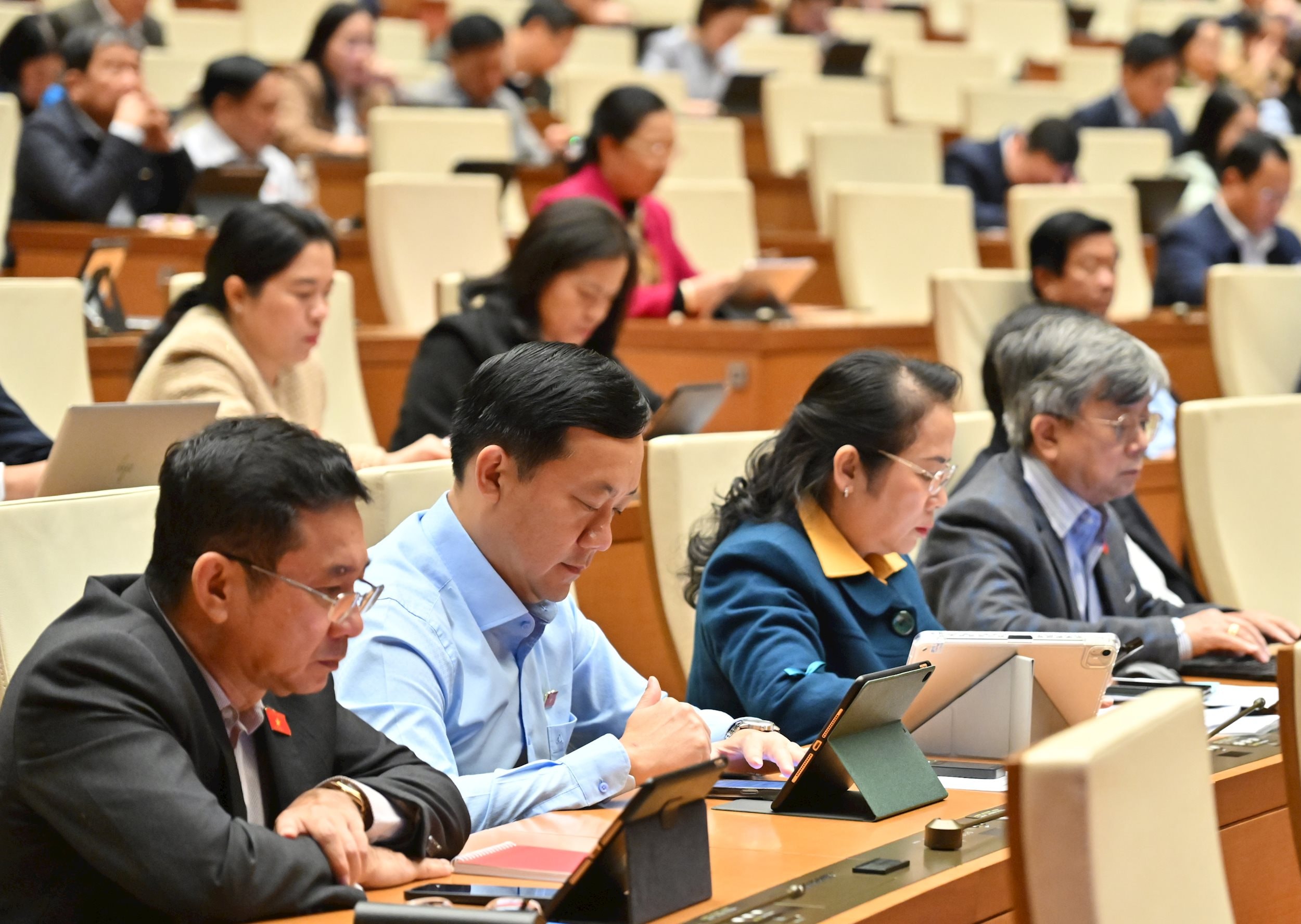
Delegate Nguyen Tam Hung pointed out that in practice, many cases have taken advantage of this mechanism to avoid inspection and adjust data at sensitive times. Therefore, it is necessary to consider adding a risk warning mechanism.
“Any additional declaration that makes a significant change to tax or is submitted close to the audit period must be subject to post-supplement audit. This measure contributes to reducing tax losses, improving compliance and is consistent with the risk management principles stated in Article 6,” the delegate emphasized.
Regarding tax payment extension, Clause 6, Article 14 allows the Government to decide on extension in special cases. This is a reasonable provision but quite open and easy to be interpreted broadly. Therefore, delegates suggested considering clearly establishing criteria in special cases, including: macroeconomic fluctuations, natural disasters, epidemics, supply chain crises or economic stability requirements assigned by the National Assembly. Clearly defining principles will create predictability for businesses, avoid abuse of extension policies and increase transparency in tax administration.
Article 18 of the draft Law mentioned the automatic tax refund mechanism as an important step forward, but there is no principle for classifying files according to the risk level to ensure correct and complete refunds, avoiding VAT fraud. Delegate Nguyen Tam Hung suggested considering adding regulations that low-risk files are refunded first and checked later, and high-risk files must be checked first and refunded later, based on public and transparent criteria. This creates convenience for businesses and protects the budget.
The tax authority must be the one to notify about tax obligations.
According to National Assembly Deputy Hoang Van Cuong (Hanoi), Article 13 of the draft Law stipulates: business households must declare taxes. And from January 1, 2026, they have removed the word "contract" and switched to declaration.
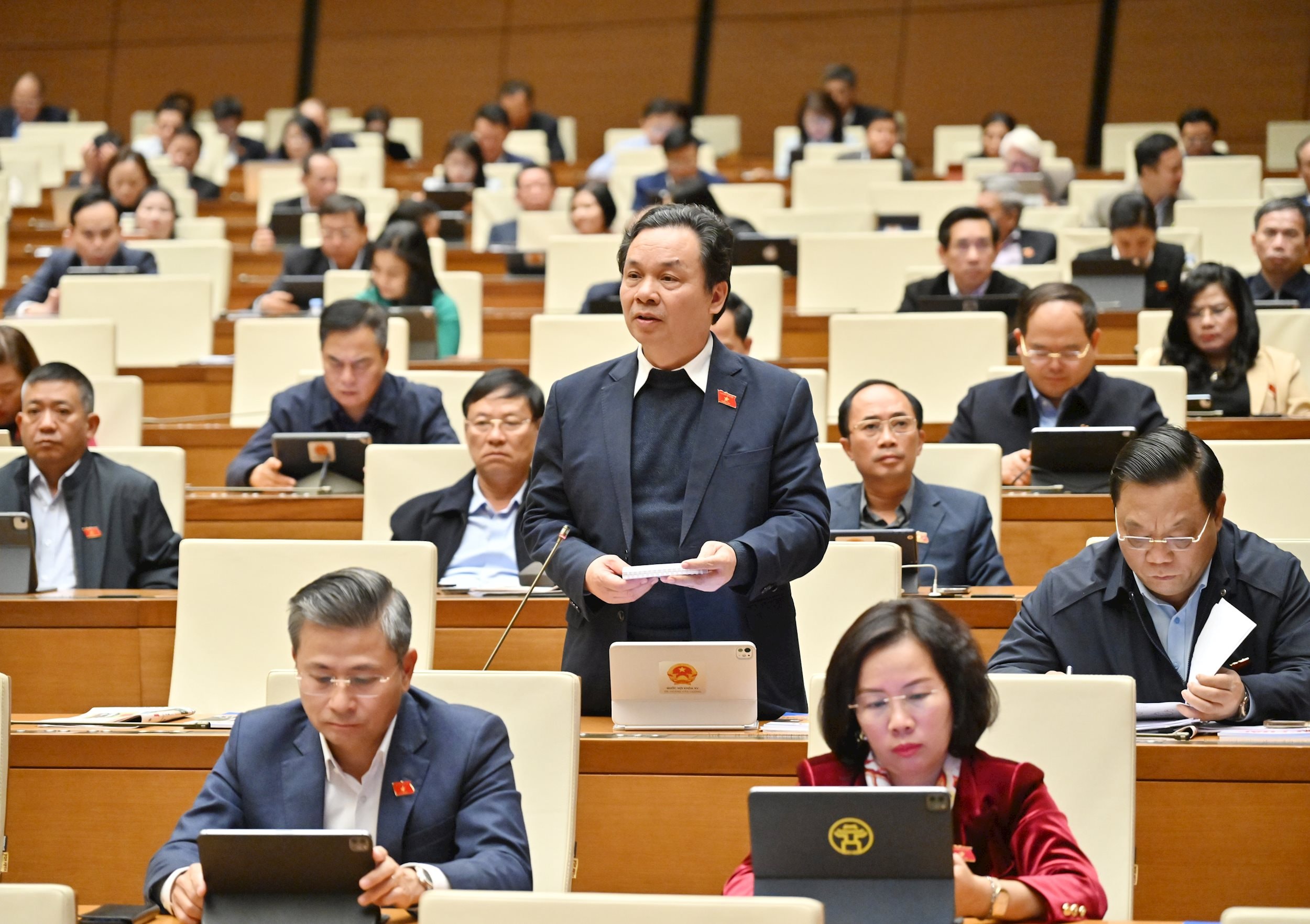
The delegate said that business households are most afraid of declaration because they do not have the habit of keeping records. Now, they are required to declare at the end of the year. If they exceed the taxable amount, they must pay tax. If they do not exceed, they do not. Meanwhile, at the end of the year, people cannot remember how their business was in the past year. This way of doing things can easily lead them to accidentally not declaring enough and fall into tax evasion.
On the other hand, we also have a regulation that businesses are allowed to calculate taxes through cash registers, which means that when they sell any product, they must immediately press the cash register, even when they sell a box of matches for 1,000 dong, they must also press the cash register. If this cash register is connected to the tax authority, the tax authority will immediately know how much revenue is.
From the above reality, delegate Hoang Van Cuong stated clearly that we have a policy to support business households with means to calculate taxes through cash registers, then the tax authority will be the one to manage full information about a household's business revenue, and at the end of the year, the tax authority will be the one to notify about tax obligations, not letting business households have to report taxes.
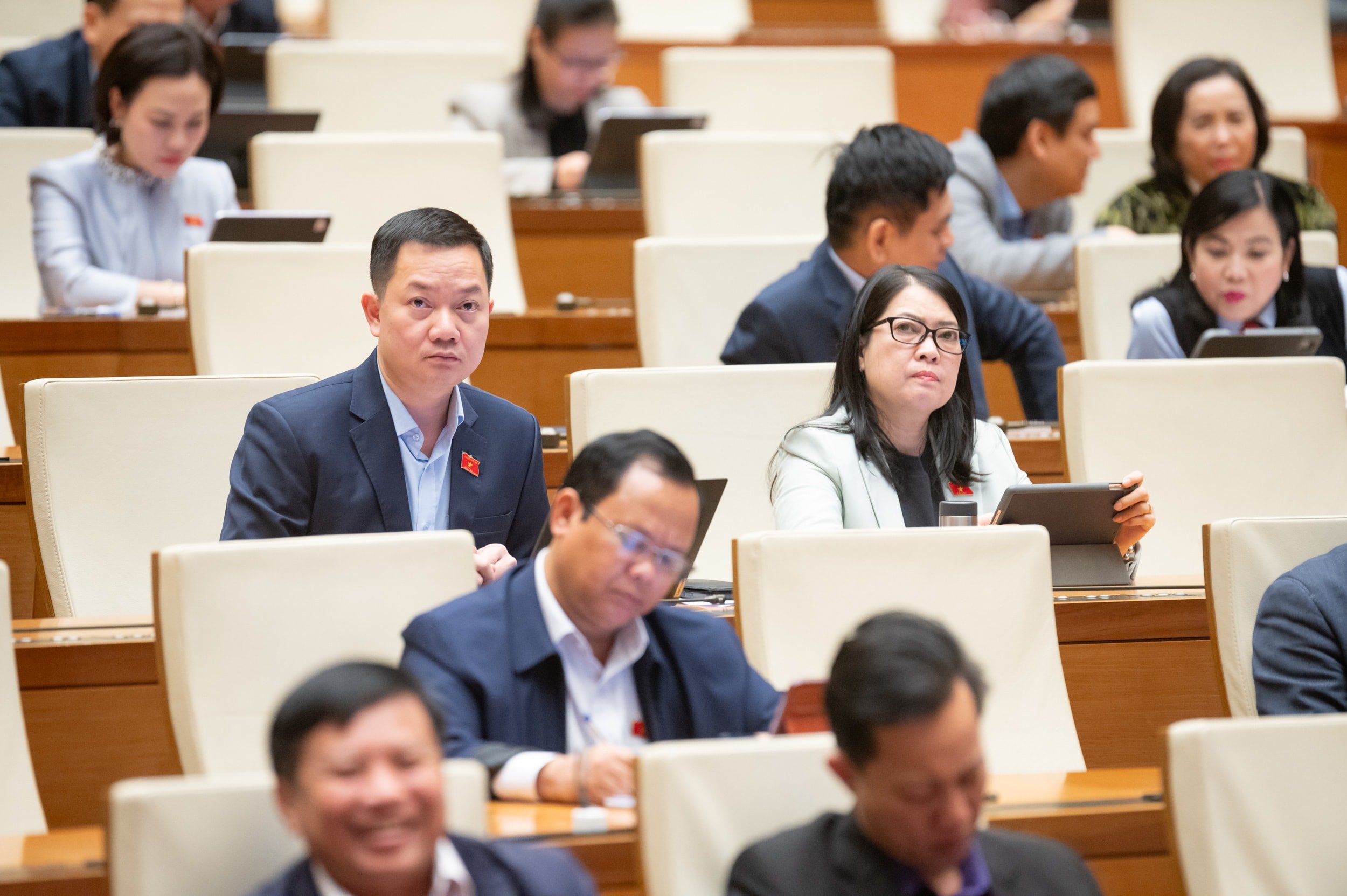
Delegates also requested tax authorities to support business households in extracting data from cash registers, to know how much revenue and expenses their business generates, helping business households manage better.
In particular, if the cash register prints out invoices, this should be considered a payment invoice, not an electronic invoice as previously sold by the tax authority, to avoid the situation where businesses with 1 billion VND or more have to buy payment invoices from a service company and pay extra for that unnecessary activity.
"If we can support business households with payment methods, management methods, including software, the proposal in the draft Law to allocate 0.1% of the excess tax revenue to support tax management is appropriate. And if this 0.1% is used to help business households operate better, it will also bring great benefits to society and help business households become more professional," emphasized delegate Hoang Van Cuong.
Source: https://daibieunhandan.vn/ho-so-rui-ro-cao-phai-kiem-tra-truoc-hoan-thue-sau-10396283.html


![[Photo] President Luong Cuong receives President of the Senate of the Czech Republic Milos Vystrcil](/_next/image?url=https%3A%2F%2Fvphoto.vietnam.vn%2Fthumb%2F1200x675%2Fvietnam%2Fresource%2FIMAGE%2F2025%2F11%2F20%2F1763629737266_ndo_br_1-jpg.webp&w=3840&q=75)
![[Photo] Lam Dong: Panoramic view of Lien Khuong waterfall rolling like never before](/_next/image?url=https%3A%2F%2Fvphoto.vietnam.vn%2Fthumb%2F1200x675%2Fvietnam%2Fresource%2FIMAGE%2F2025%2F11%2F20%2F1763633331783_lk7-jpg.webp&w=3840&q=75)

![[Photo] National Assembly Chairman Tran Thanh Man holds talks with South Korean National Assembly Chairman Woo Won Shik](/_next/image?url=https%3A%2F%2Fvphoto.vietnam.vn%2Fthumb%2F1200x675%2Fvietnam%2Fresource%2FIMAGE%2F2025%2F11%2F20%2F1763629724919_hq-5175-jpg.webp&w=3840&q=75)


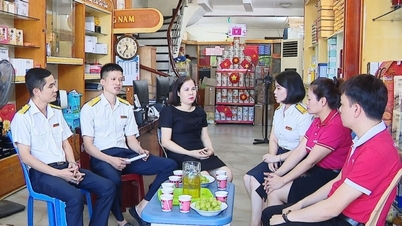

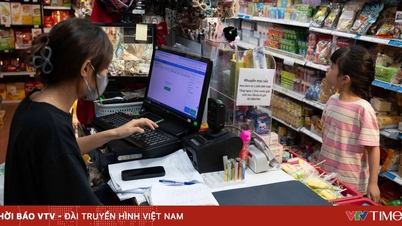

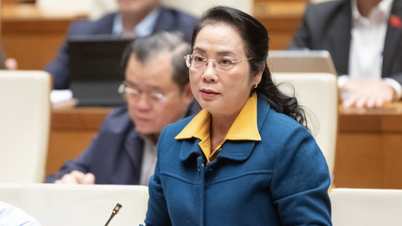

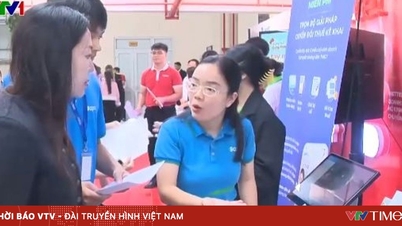
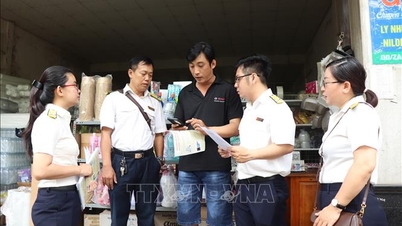
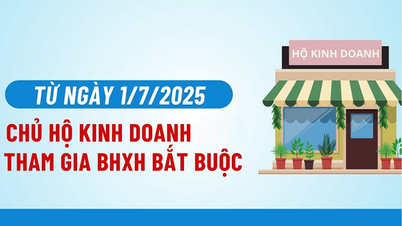
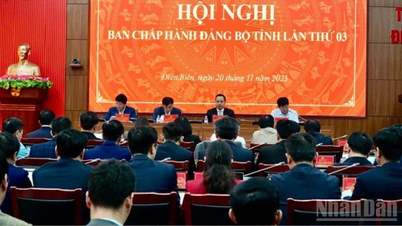

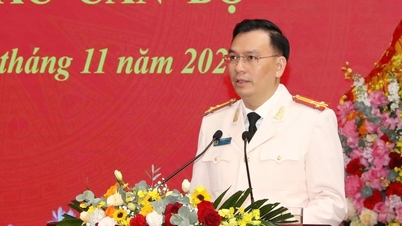



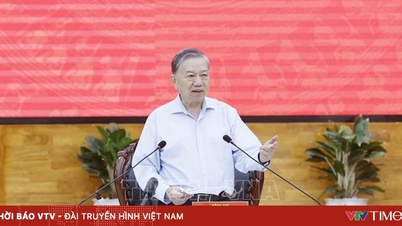
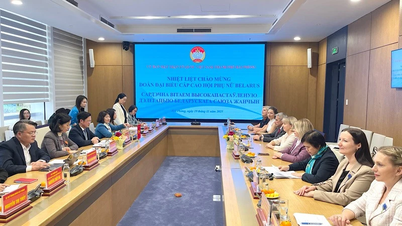
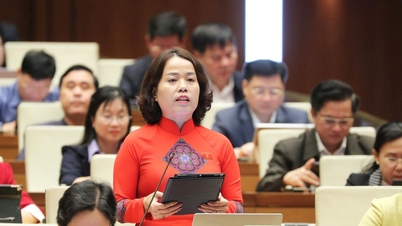




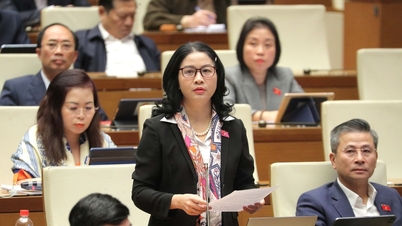
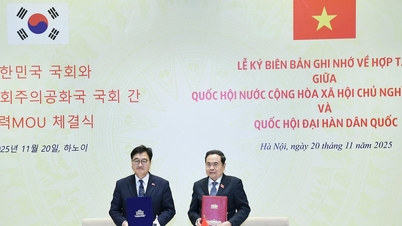


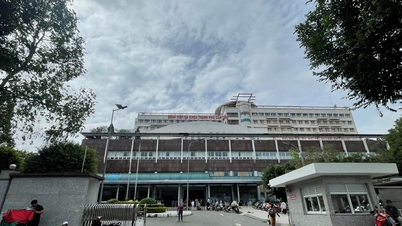
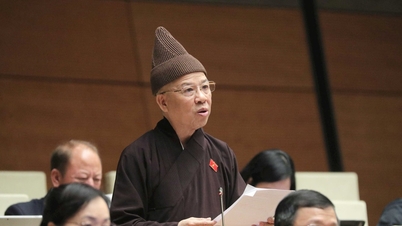
















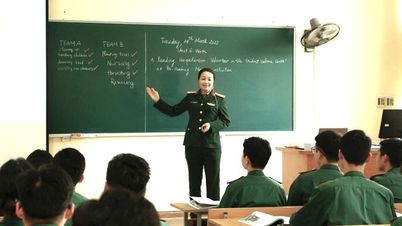


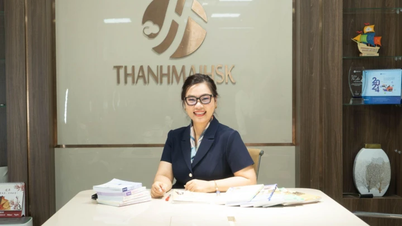














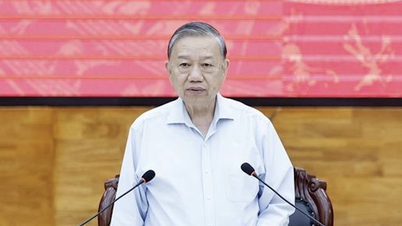

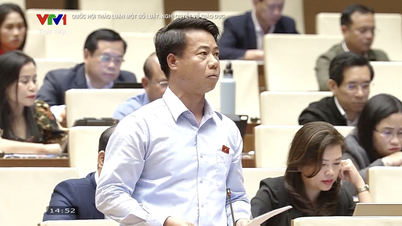






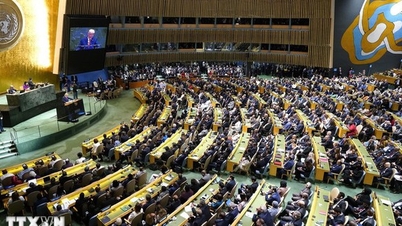

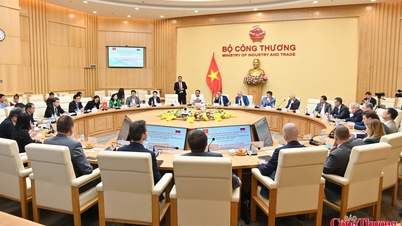

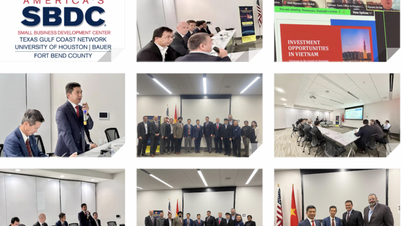

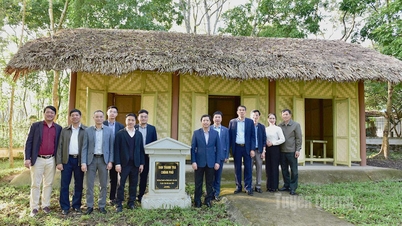



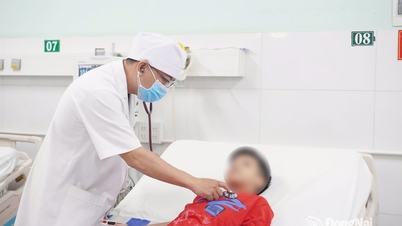
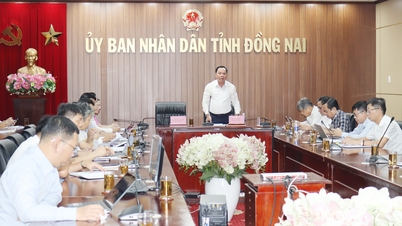
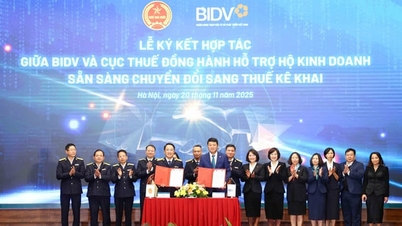















Comment (0)